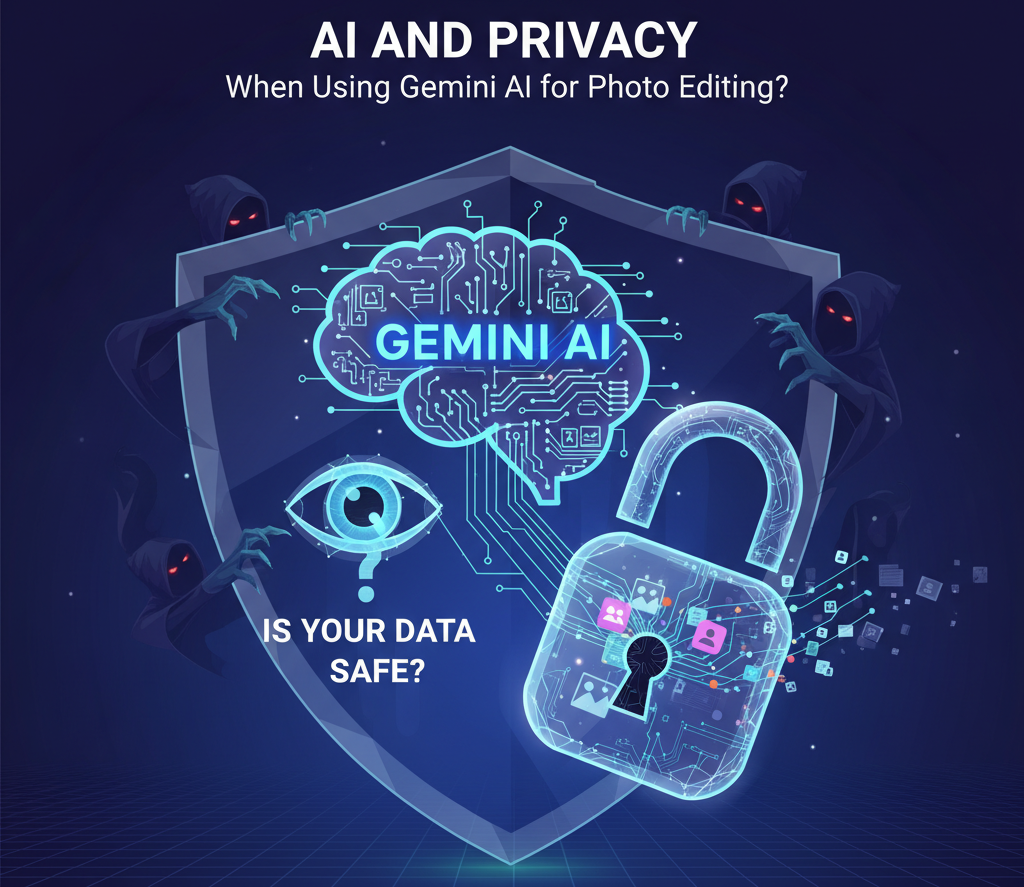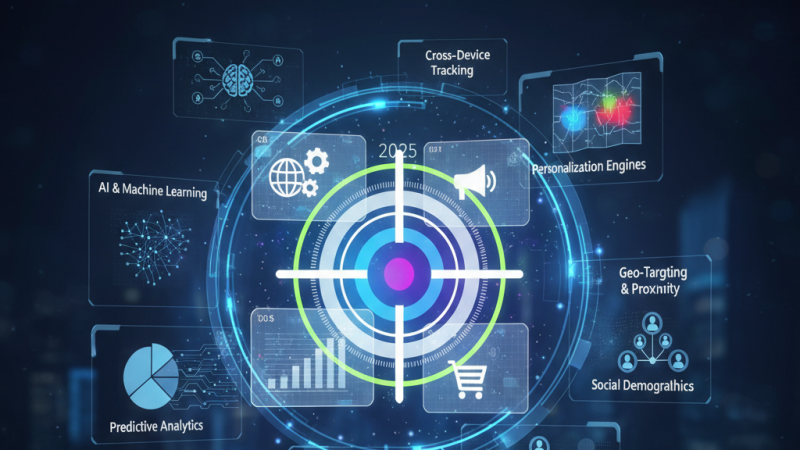Artificial Intelligence is transforming the creative world especially in photo editing. Tools like Gemini AI are redefining how people enhance portraits, adjust lighting, and create professional-quality visuals in moments. Yet, as these technologies evolve, one major concern persists: data privacy.
Every time we upload a photo or grant an app access to our gallery, we’re essentially sharing parts of our identity. The real question is no longer what AI can do, but how securely it manages the personal data we trust it with.
What Sets Gemini AI Apart in Photo Editing?
Gemini AI has gained popularity for its intuitive, AI-powered editing tools. It uses advanced machine learning and neural networks to recognize textures, lighting, and facial structures making professional-level editing effortless. Unlike traditional software that relies on manual adjustments, Gemini AI learns from your preferences to deliver customized results.
Key features include:
- Instant background changes and face retouching
- AI-powered filters that replicate professional photography
- Style transfer tools for artistic transformations
- Smart detection that prevents unrealistic, over-edited looks
These innovations, however, depend heavily on data access, raising an important question: how much does the app actually see?

How Much Access Does Gemini AI Have to Your Photos?
When installing Gemini AI, users are typically asked to grant access to their photo gallery, camera, and storage. While these permissions enable editing, they may also allow the app to analyze, store, or reuse your data for algorithm training or marketing purposes.
Even if a company claims that data is processed “anonymously,” it’s difficult to verify. Once an image is uploaded to the cloud, users lose control over where it’s stored, how long it remains there, and who might access it. This creates a gray area between convenience and privacy one that many users overlook in their eagerness to explore AI tools.
Data Storage: Where Does Your Information Go?
A key factor in AI privacy lies in how and where your data is stored. Many apps, including Gemini AI, use cloud servers to process large image files efficiently but not all clouds are equally secure.
- Some tools store data locally, ensuring photos never leave your device.
- Others rely on external servers, often located in different countries with varying data protection laws.
If your data is stored in a region with weaker privacy standards, it could be vulnerable to unauthorized access or legal loopholes. Additionally, photos used for AI training might be retained far longer than users expect. The lack of clear disclosure around storage duration and deletion policies remains one of the biggest transparency gaps in the AI industry.
Are AI Apps Transparent About Their Privacy Policies?
Most AI-powered photo apps, Gemini AI included, provide privacy policies but they’re often dense, lengthy, and written in legal jargon. Few users read them carefully, leading to uninformed consent.
Hidden within these documents, you may find clauses allowing the company to:
- Use your data to improve AI models
- Share anonymized data with third-party partners
- Develop targeted advertising
While these may seem harmless, the real risk lies in data aggregation — when multiple data sources are combined to create detailed user profiles. Even “anonymous” data can reveal personal patterns like location, facial features, and lifestyle habits.
User Awareness: Do We Still Read the Fine Print?
In today’s fast-paced digital world, convenience often outweighs caution. Most users quickly grant app permissions without reading the details a habit that can have long-term consequences. As AI photo editors grow more powerful, users must develop digital literacy to protect their privacy.
Best practices include:
- Reading privacy summaries before granting permissions
- Avoiding uploads of sensitive or identifiable images
- Revoking permissions when not using the app
- Choosing apps that offer on-device processing instead of cloud uploads
Lessons from Other AI Privacy Controversies
- Lensa AI (2023): The viral app faced backlash when users discovered their selfies were used to train AI models without explicit consent.
- FaceApp (2019): Initially popular for its aging filters, it was criticized for vague data-sharing policies and hosting data on Russian servers.
- Gemini AI: Though newer and more transparent, questions remain about how its data practices align with international privacy standards.
These cases reveal a pattern: as AI innovation accelerates, managing privacy responsibly becomes increasingly complex. Transparency and accountability are now what separate trustworthy AI tools from risky ones.
Conclusion
The relationship between AI innovation and personal privacy will define the next generation of digital creativity. Tools like Gemini AI empower users to explore new artistic possibilities, but with that power comes responsibility for both users and developers.
Users must stay aware of the permissions they grant, while developers should embrace privacy-first design that respects user rights. In the end, it’s not just about how advanced AI becomes, but how ethically it evolves.
Platforms like Wiraa, a global remote work platform, demonstrate how technology can foster creativity and collaboration without sacrificing privacy. By building trust through transparency and user control, Wiraa proves that innovation and integrity can coexist.
As AI continues reshaping industries from photography to freelancing choosing tools that prioritize both progress and protection will define the future of responsible technology.




